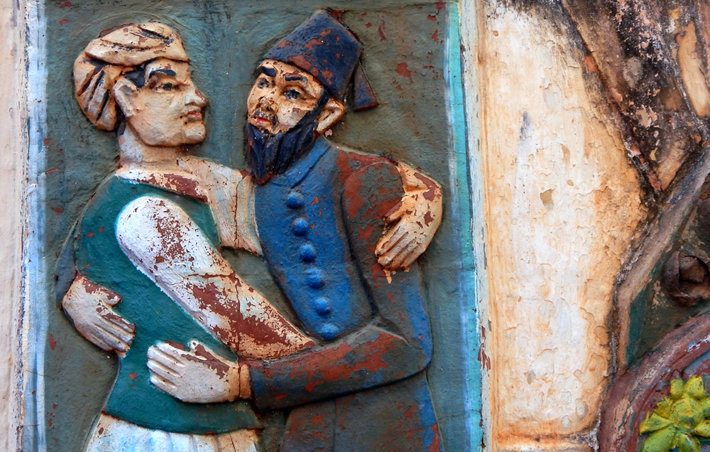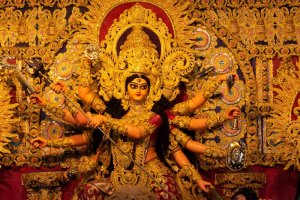Religious rivalries among Hindus and Muslims have been largely shaped by British colonial policies, according to two major scholars of India cited in a recent article in The Statesman, a leading Indian daily. The British pitted the two cultures against each other, damaging centuries of collaboration between them.

Audrey Turschke, professor of South Asian history at Rutgers University, explains in her 2016 book, Culture of Encounters: Sanskrit at the Mughal Court, that for nearly 200 years, Britain portrayed Muslim rule in India as socially and religiously oppressive instead of acknowledging it as a period of “tremendous cross-cultural respect and fertilization.”
“The British benefited from pitting Hindus and Muslims against one another and portrayed themselves as neutral saviors who could keep ancient religious conflicts at bay,” Turschke writes. “While colonialism ended in the 1940s, the modern Hindu right has found tremendous political value in continuing to proclaim and create endemic Hindu-Muslim conflict.”
It is only in recent years that cultural and religious scholarship on India has focused on the history of the Mughals, a Muslim dynasty rooted in medieval Turkey and Mongolia, which reigned over large parts of northern India before the British made inroads into the subcontinent around the mid-18th century.
Truschke holds that during Mughal rule, Muslim and Hindu elite maintained significant cross-cultural collaborations along religious and linguistic lines. “Her research overturns the assumption that the Mughals were hostile to traditional Indian literature or knowledge systems.”
For example, Mughal courts created Persian translations of Sanskrit literary works, particularly those perceived as histories, including two of the greatest Sanskrit epics—the Ramayana and the Mahabharata.
“A deliberate misreading of this past undergirds the actions of the modern Indian nation-state,” according to Turschke. “It’s invaluable to have a more informed understanding of that history and the deep mutual interest of early modern Hindus and Muslims in one another’s traditions.”
The contribution of the Mughals to the flowering of Hinduism has long been emphasized by Amitav Ghosh, a sociologist and noted author who has written on the subject.
“Hinduism as we know it today—especially the Hinduism of [N]orth India—was essentially shaped under Mughal rule, often with the active participation and support of the rulers and their officials and feudatories,” notes The Statesman. “It is a simple fact that contemporary Hinduism as a living practice would not be what it is if it were not for the devotional practices initiated under the Mughal rule.”
_______________
From its beginnings, the Church of Scientology has recognized that freedom of religion is a fundamental human right. In a world where conflicts are often traceable to intolerance of others’ religious beliefs and practices, the Church has, for more than 50 years, made the preservation of religious liberty an overriding concern.
The Church publishes this blog to help create a better understanding of the freedom of religion and belief and provide news on religious freedom and issues affecting this freedom around the world.
The Founder of the Scientology religion is L. Ron Hubbard and Mr. David Miscavige is the religion’s ecclesiastical leader.
For more information visit the Scientology website or Scientology Network.


